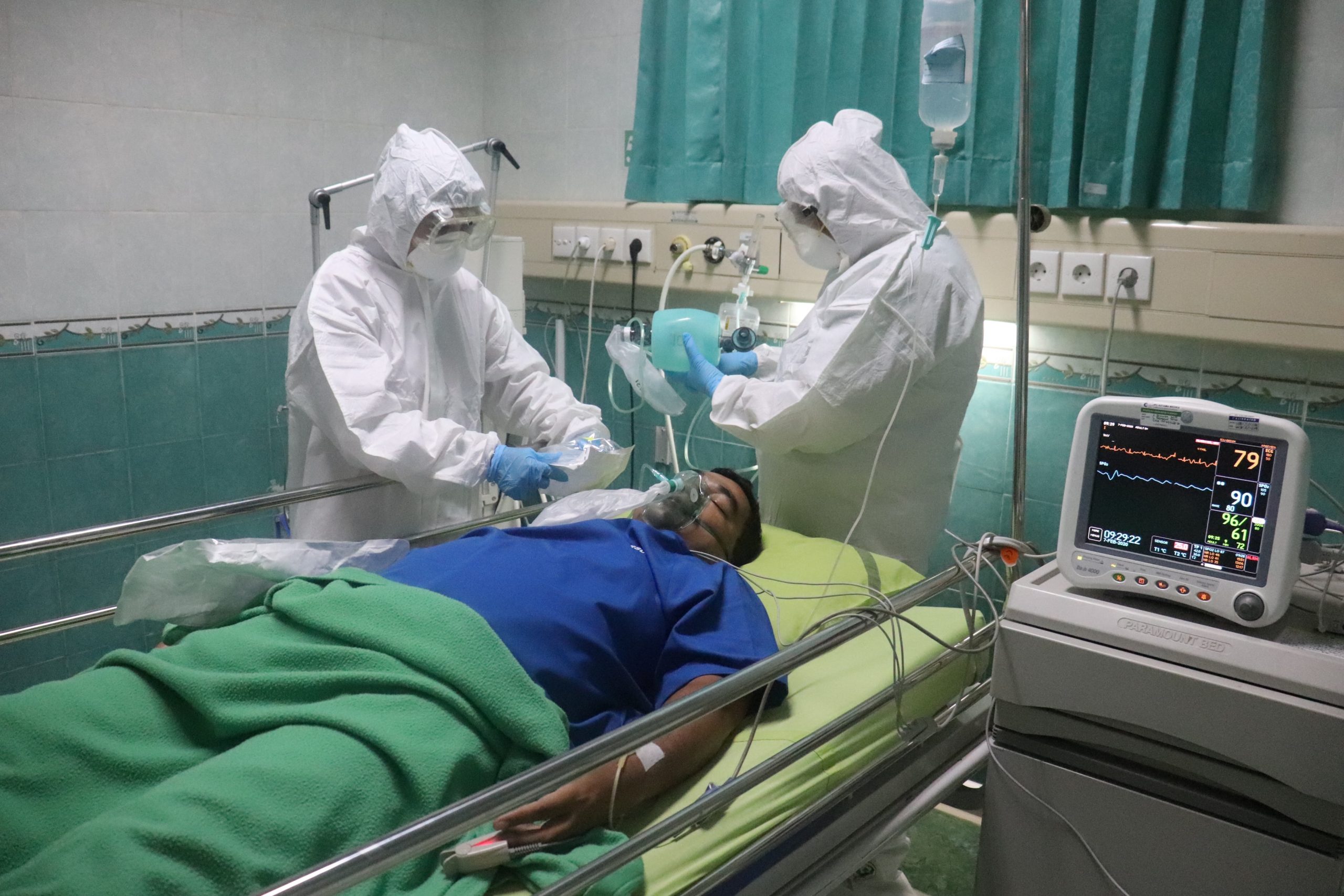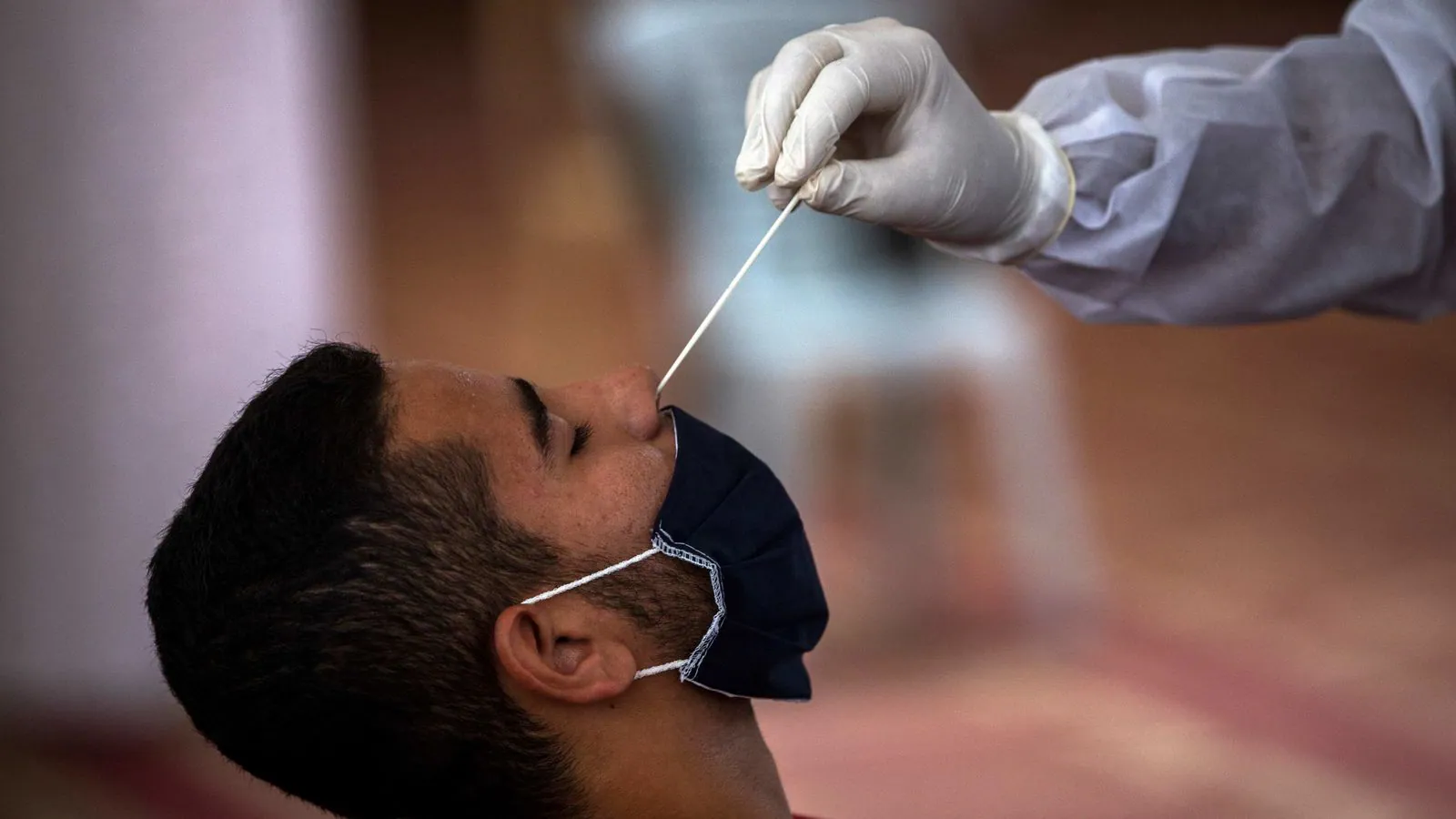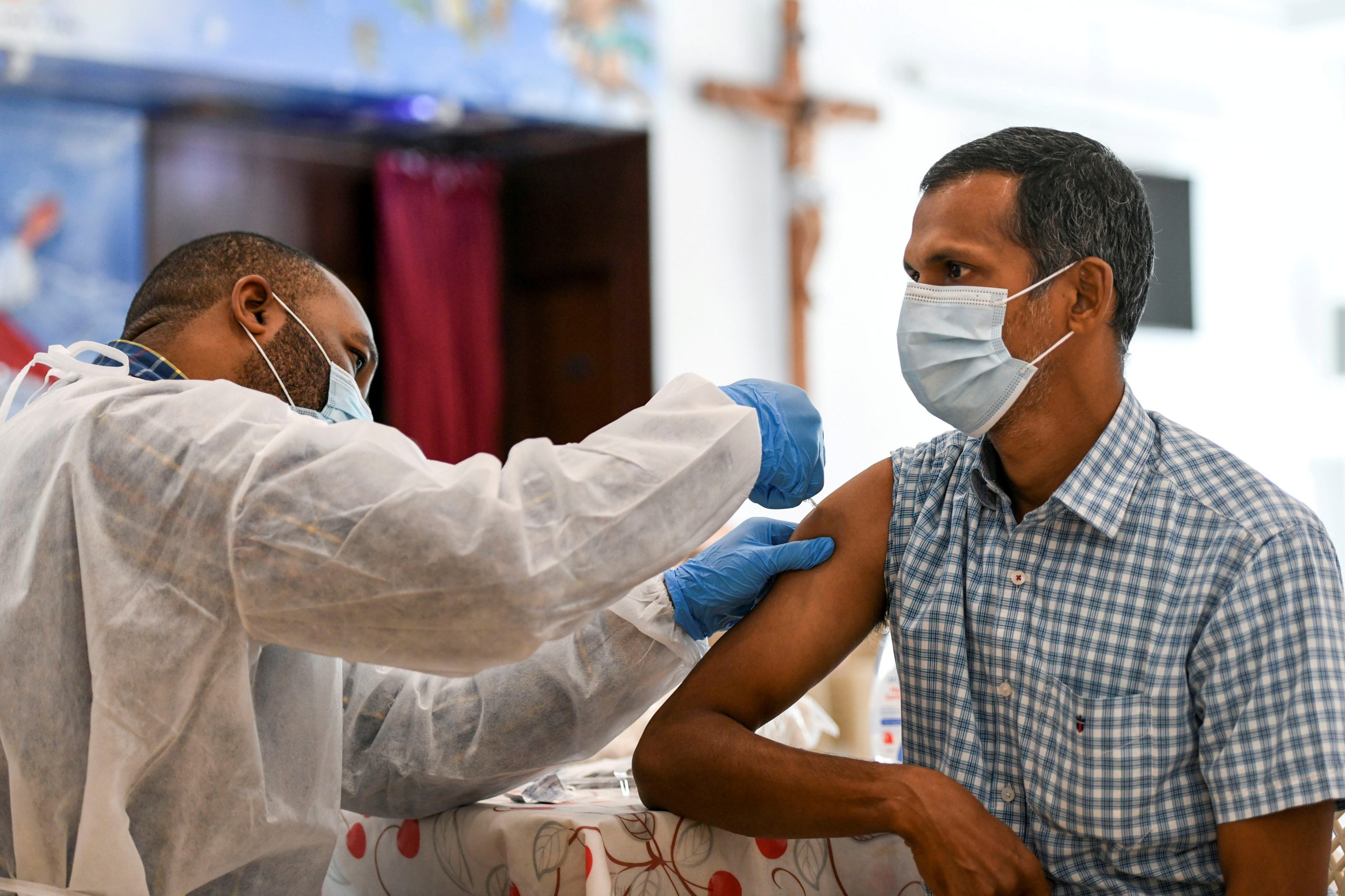Key facts
- Middle East respiratory syndrome (MERS) is a rare disease.
- MERS is caused by a coronavirus (MERS‐CoV).
- MERS symptoms include fever, cough and shortness of breath.
What is Middle East respiratory syndrome (MERS)?
Middle East respiratory syndrome (MERS) is a rare disease. It causes bad respiratory (breathing) problems. MERS was first identified in 2012.
MERS is caused by Middle East respiratory syndrome coronavirus (MERS‐CoV).
Coronaviruses also cause:
- the common cold
- severe acute respiratory syndrome (SARS)
- COVID-19
MERS has infected more than 2,600 people worldwide. Of these, more than 935 people have died. Most cases have happened in Saudi Arabia.
What are the symptoms of MERS?
Symptoms of MERS usually start 5 to 6 days after infection. But this can range from 2 days to 14 days.
Symptoms often include:
- fever
- cough
- shortness of breath
Other symptoms can include:
- muscle pain
- diarrhoea
- vomiting and nausea
Some people who have MERS have:
- mild symptoms
- no symptoms (asymptomatic)
MERS is a serious illness. About 1 in 3 people who contract MERS die.
What causes MERS?
MERS is caused by Middle East respiratory syndrome coronavirus (MERS‐CoV). The virus was first seen in Saudi Arabia in 2012.
MERS is a zoonotic disease, which means it spreads from animals to people.
MERS can be spread to humans from infected dromedary camels. It is spread by close contact with:
- camels
- camel products
- infected people
Exactly how MERS spreads from camels to people is not well understood.
The virus doesn’t appear to spread easily from person to person. The way MERS spreads between people isn’t well understood.
When should I see my doctor?
If you become unwell while travelling in the Middle East, get medical help. Go the local hospital’s emergency department. Don’t wait until you arrive back in Australia to see your doctor.
If you feel sick after you return from the Middle East, see your doctor immediately. Avoid contact with other people and make sure you wash your hands often.
How is MERS diagnosed?
MERS is diagnosed by:
- testing a swab taken from the back of your throat
- testing fluid from your lungs
So far, everybody who has had MERS:
- has lived in or travelled to the Middle East
- has had contact with travellers from the area
- can be linked to a case
How is MERS treated?
There is no specific treatment for MERS. Early medical care can save lives.
Can MERS be prevented?
There is currently no vaccination to protect you against MERS.
If you go to the Middle East, you should:
- avoid close contact with camels
- avoid close contact with people who are sick
- wash your hands often
Wash your hands:
- before eating
- after touching animals
Use a hand sanitiser if soap and water is not available.
You should avoid:
- drinking raw camel milk or urine (wee)
- eating undercooked camel meat
Avoid all contact with camels if you have an existing health condition that makes you vulnerable to breathing problems.
Make sure all your vaccinations are up to date before you travel. Talk with your doctor and decide whether the risk of travelling to the Middle East is appropriate for you at this time.
Complications of MERS
MERS seems to cause worse disease in:
- older people
- people with a weakened immune system
- people with a chronic disease
If you have one or more of these conditions, you should avoid ALL contact with camels in the Middle East.




